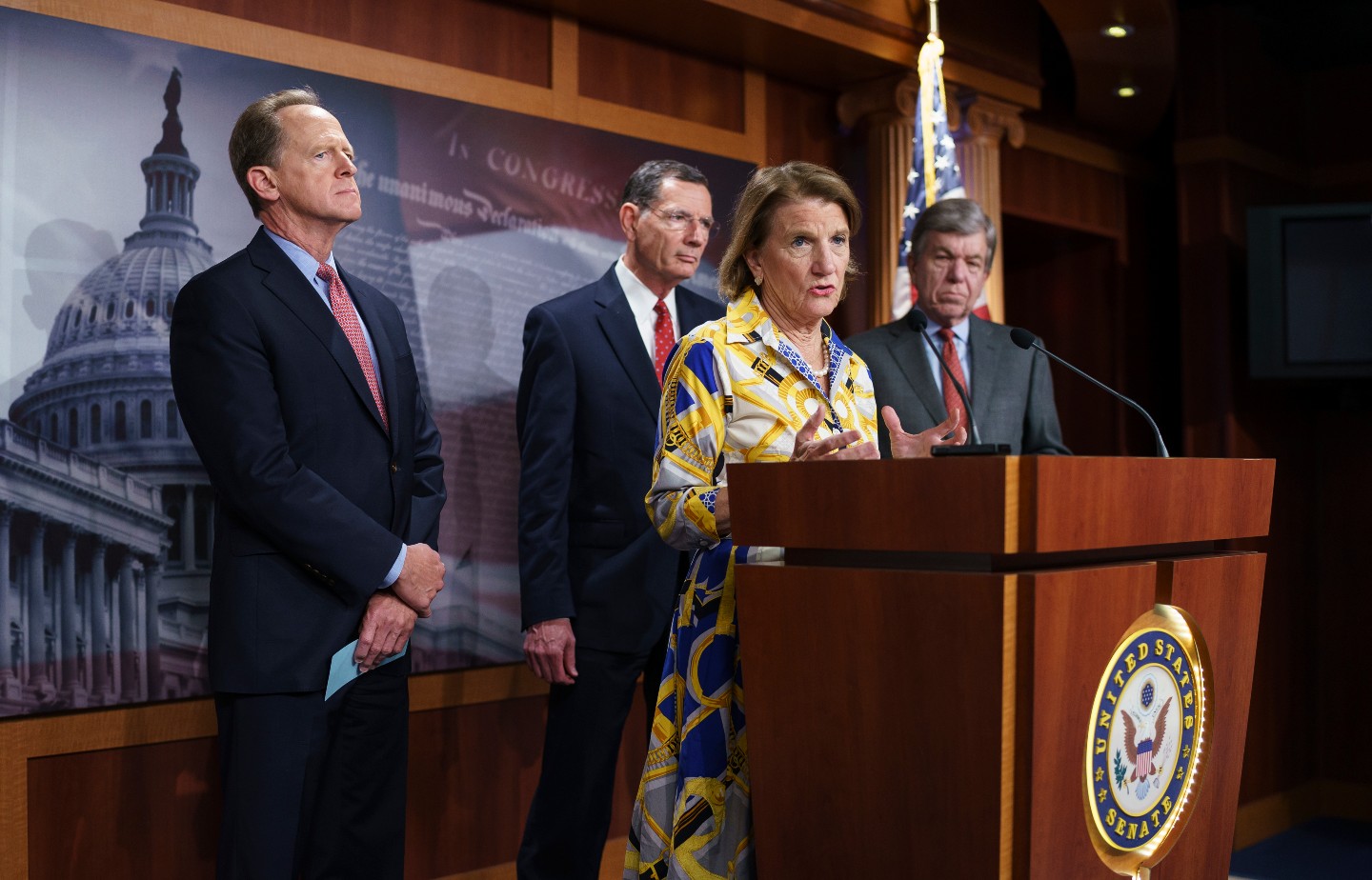
In its infrastructure plan, the Biden administration initially proposed $2.3 trillion in spending over eight years, containing a $100 billion investment to reach 100% broadband coverage and access. The White House’s fact sheet pledged that the plan, which is currently being negotiated with Senate Republicans, would bring broadband to the more than 35% of rural Americans who lack high-speed internet access.
Biden’s plan prioritized investing in municipally-owned local networks of the kind that cable industry lobbyists have battled for years. Laws that prohibit government-funded broadband are in-place in at least 17 states, some of the industry’s anti-competitive practices that have resulted in internet access that’s both pricey and spotty.
Powerful telecom incumbents have long lobbied against competition and under-invested in rural areas, leaving the country with a digital divide that caused even greater problems during the coronavirus pandemic, with its heightened need for remote learning and work.
Last month, Senate Republicans countered Biden’s infrastructure plan with a proposal for a $568 billion package with a smaller broadband investment of $65 billion.
President Biden agreed last week to meet Republicans at that level to demonstrate his willingness to compromise, even though Mitch McConnell stands adamantly opposed to spending even a dollar more than the GOP proposal.
The Senate counter-proposal was led by Pat Toomey (R-Penn.), Roger Wicker (R-Miss.), Shelley Moore Capito (R-W.V.), and John Barrasso (R-Wyo.), each of whom represents a state where many people do not have broadband access.
Last month, a survey by researchers BroadbandNow rated Mississippi, West Virginia, and Wyoming in the bottom 10 U.S. states as scored by internet coverage, speed, and price access.
In Pennsylvania, state law currently prohibits municipalities from providing broadband service to their residents. The experience of one rural area in the state that built its own network before the restrictive law was passed shows that with greater competition, private companies cut their rates. Toomey, who said he’s retiring from political office next year, counts Philadelphia-based cable giant Comcast as his 13th-largest career donor, its PAC and employees having given him over $100,000 according to OpenSecrets.
At least 83.3 million Americans have only one choice for broadband provider, according to a report last year from the nonprofit Institute for Local Self-Reliance, with more than 40 million having access only to Comcast or Charter. As many as 42 million rural Americans may lack high-speed internet access, a BroadbandNow analysis confirmed this month.
Another recent report from the nonprofit Free Press found that broadband is getting more expensive: between 2016 and 2020, the average price paid by a Comcast customer for residential internet service increased almost 16%, more than double the rate of inflation.
In Mississippi, less than 60% of the state has broadband access, BroadbandNow found. Over his career, Mississippi Sen. Roger Wicker has taken in nearly $407,000 in campaign contributions from telecom industry PACs and employees, including money from the PACs of Comcast, Charter Communications, and Cox Enterprises.
In West Virginia, where less than 70% of the state has broadband access, an executive with Frontier Communications simultaneously served as president of the State Senate until earlier this year.
In Wyoming, where only 62% of the state has terrestrial broadband coverage, state lawmakers passed a bill in 2018 that made $10 million in rural broadband funding eligible only to private businesses, unless no private ISP bids on a proposal.
In each of the past three election cycles, according to the nonprofit Center for Responsive Politics, telecom services PACs have contributed more to Republican federal candidates than Democrats, giving over $14.5 million since 2015 versus $11.4 million to Democratic candidates.
In the U.S., customers pay over two-thirds as much as those in Europe for broadband internet service—about $81 a month, on average, compared with $48 in Europe and $70 in Asia, according to a 2020 report from the New America Foundation. In France, for example, regulations encouraging competition helped bring down prices, with internet service providers compelled to lease out the final leg of connectivity to rivals, a 2019 study by NYU economist Thomas Philippon found.
If the infrastructure package is broken up, future efforts to push broadband prices down through greater competition while increasing access would depend on legislation passing the U.S. House, which could be under Republican control after the 2022 midterms. Minority Leader Kevin McCarthy’s second-highest career contributor has been Comcast, whose PAC and employees have given him nearly $174,000, of which more than half—nearly $88,000—came in the 2020 cycle. House Republicans introduced a bill this year that would ban municipal broadband nationwide.
For more coverage of anti-competitive lobbying by monopolies, get the Sludge newsletter.
